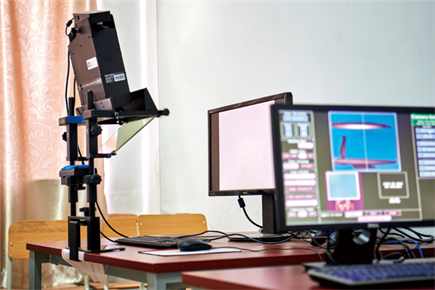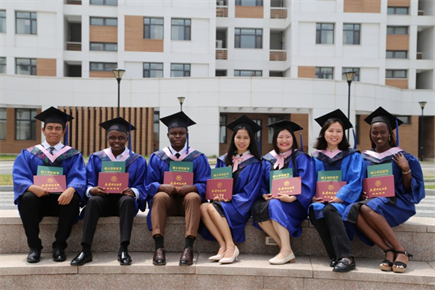Associate Professor Wang Yufen from the School of Physics and Materials Science at Tianjin Normal University (TNU) published a paper titled "Architectural engineering of metal-organic frameworks in lithium-ion batteries: Multifunctional Roles, Challenges, and future perspectives" in "Nano Energy". The study explores the application of metal-organic frameworks (MOFs) in lithium-ion batteries (LIBs) and suggests that future research should focus on designing conductive hybrid materials, developing scalable synthesis processes, and implementing sustainable development strategies to achieve breakthroughs in MOF-based LIBs for energy storage.

Figure 1. Schematic illustration of MOFs material applications in different domains of lithium-ion batteries
This comprehensive review highlights the transformative potential of MOFs in advancing LIBs development, emphasizing their multifunctional roles as electrodes, electrolytes, and separators. The unique structural properties of MOFs—such as tunable porosity, high surface area, and customizable chemical functionalities—significantly enhance battery energy density, ion transport efficiency, and thermal stability. The review systematically elucidates the innovative application mechanisms and performance optimization strategies of MOFs and their derivatives in the four core components of LIBs: cathodes, anodes, electrolytes, and separators. Despite these advancements, key challenges remain, including intrinsic low conductivity, structural degradation during cycling, and high production costs. To address these limitations, the paper proposes strategic research directions, such as constructing conductive networks, developing multifunctional hybrid materials, and exploring sustainable synthesis methods. It also provides a roadmap for designing next-generation LIBs with enhanced performance, safety, and environmental sustainability using MOFs.

Figure 2. Future development directions for next-generation MOFs-based lithium-ion batteries
The article notes that although MOFs offer significant advantages in improving electrode-specific capacity, enhancing ion transport kinetics, suppressing dendrite growth, and strengthening interfacial stability, their industrial application still faces multiple challenges arising from intrinsic material properties and device engineering. Importantly, achieving high-performance MOF-based batteries requires synergistic optimization among all components rather than merely improving individual materials. The study also identifies critical research areas that warrant further exploration.
Associate Professor Wang Yufen is the corresponding author of the paper. Her graduate students Liu Mingwu, Li Ao, Lin Haian, and Li Zijian are co-first authors. TNU is the primary affiliation. This work was supported by the National Key Research and Development Program of China (2019YFA0705703) and the National Natural Science Foundation of China (22279070).
Article link: https://doi.org/10.1016/j.nanoen.2025.111310
By He Jierui











